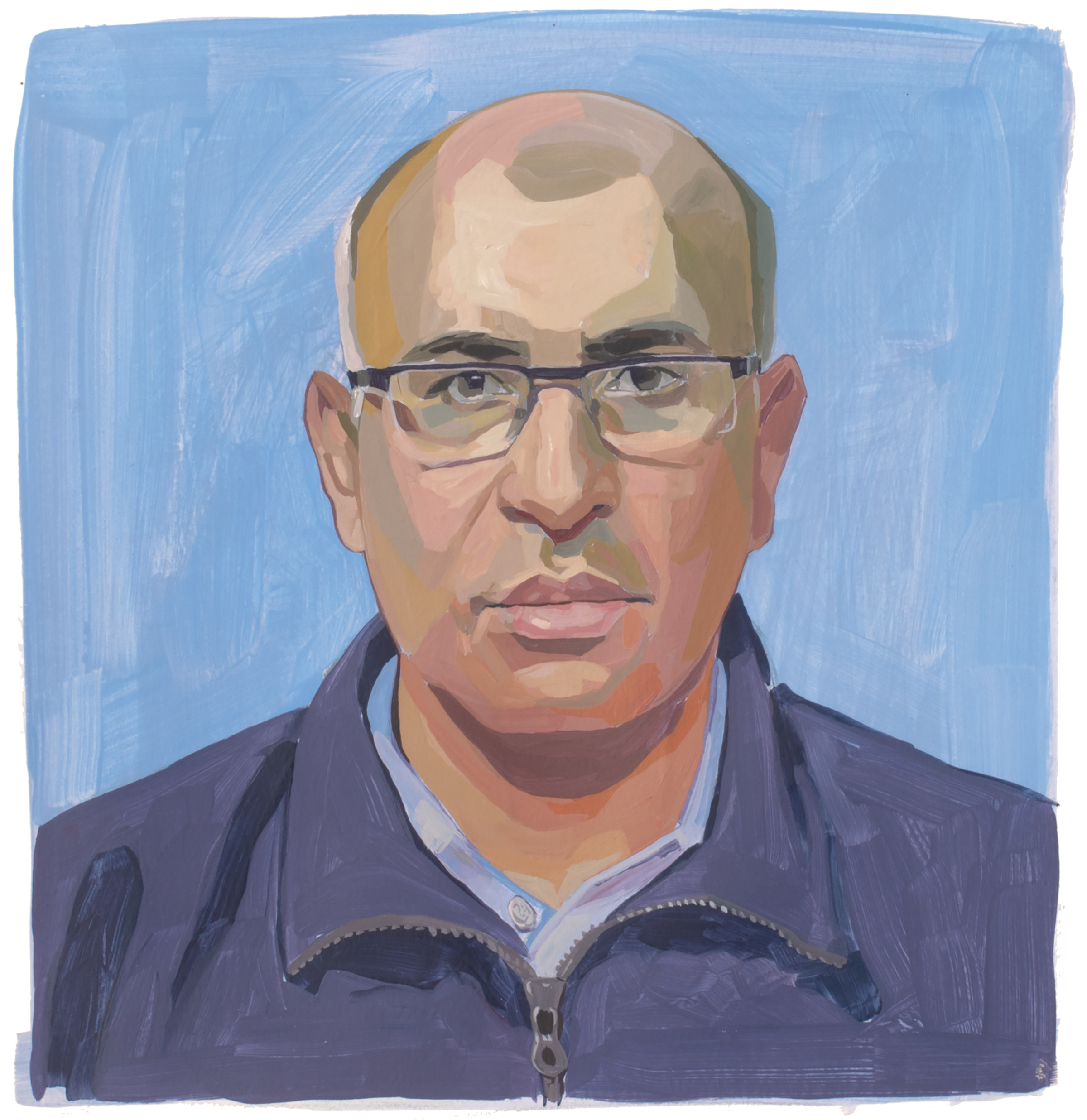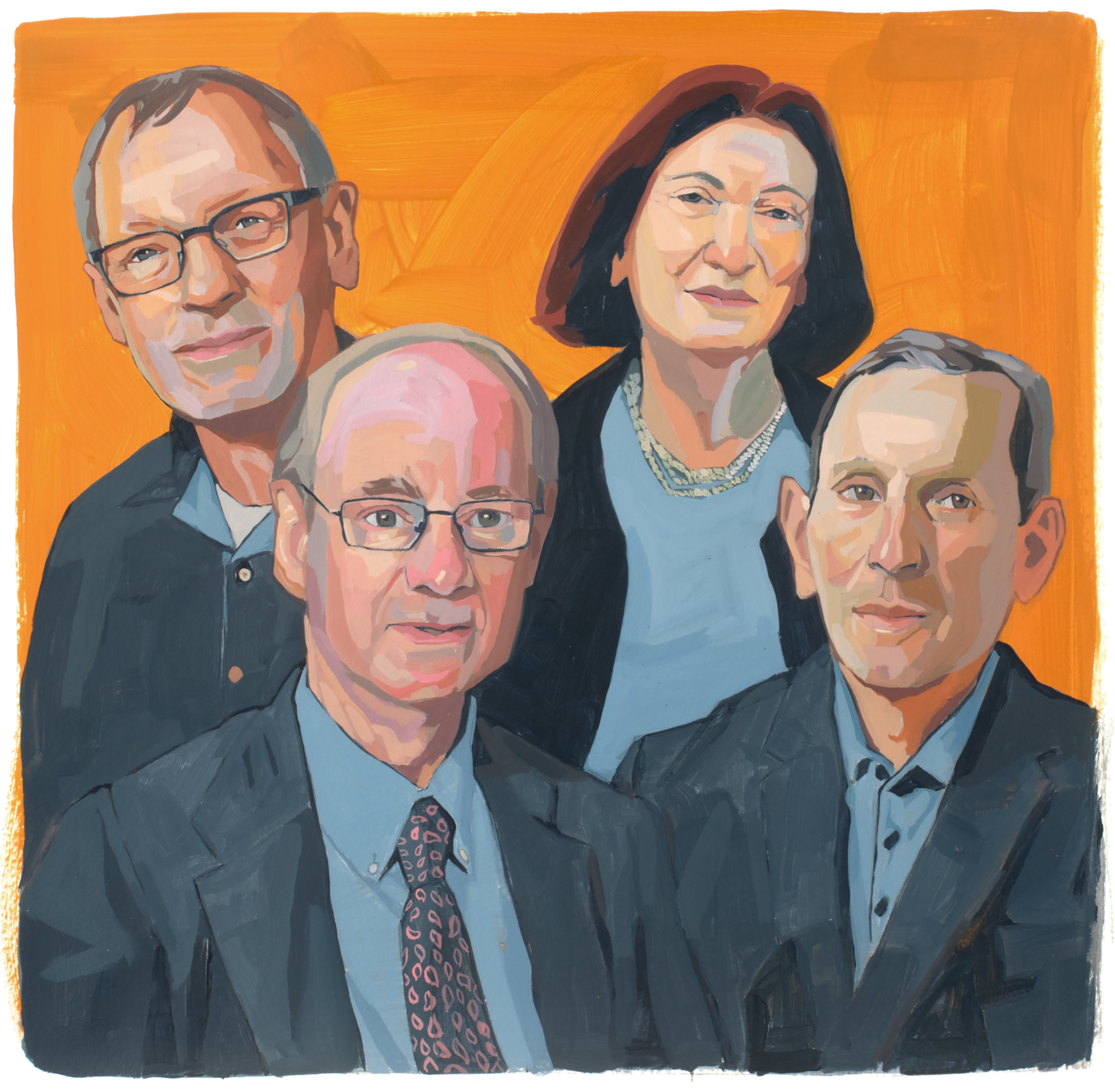Medical discoveries don’t often come as a flash of lightning but through years of repetitive, difficult work. The most valuable research typically requires lots of people, tracked over a long time, and at a great level of detail. Rory Collins helms one of the world’s biggest efforts to address this challenge: UK Biobank, a trove of health data for half a million people over time, including questionnaires, blood samples, and imaging of the heart, brain, and entire body. What’s made this data “transformational,” says Collins, is that while scientific data is often closely guarded, UK Biobank is available to any researcher. “That’s why there are so many people using it—because there is this very rich data that is readily available for them to apply their imaginations,” he says.
Since recruitment started in 2006, the data—which was used in more than 3,000 scientific papers published last year—has enabled innovations like the concept of the polygenic risk score, which measures the genetic risk of diseases. The full impact won’t become clear for years. Over 2,800 projects are still under way, and UK Biobank aims to collect more data as its participants age, which Collins hopes could elucidate late-life diseases like dementia. To diversify the data, UK Biobank has helped support international data-gathering projects, including those in Mexico, China, and the U.S. Collins hopes to expand to many more countries in the future. For all the work ahead, UK Biobank’s impact drives Collins. “I've just been fantastically lucky to be given the opportunity to work on this project,” he says. “I [got] 3,000 papers published last year without picking up a pen.”
More Must-Reads from TIME
- The New Face of Doctor Who
- Putin’s Enemies Are Struggling to Unite
- Women Say They Were Pressured Into Long-Term Birth Control
- Scientists Are Finding Out Just How Toxic Your Stuff Is
- Boredom Makes Us Human
- John Mulaney Has What Late Night Needs
- The 100 Most Influential People of 2024
- Want Weekly Recs on What to Watch, Read, and More? Sign Up for Worth Your Time
Contact us at letters@time.com





